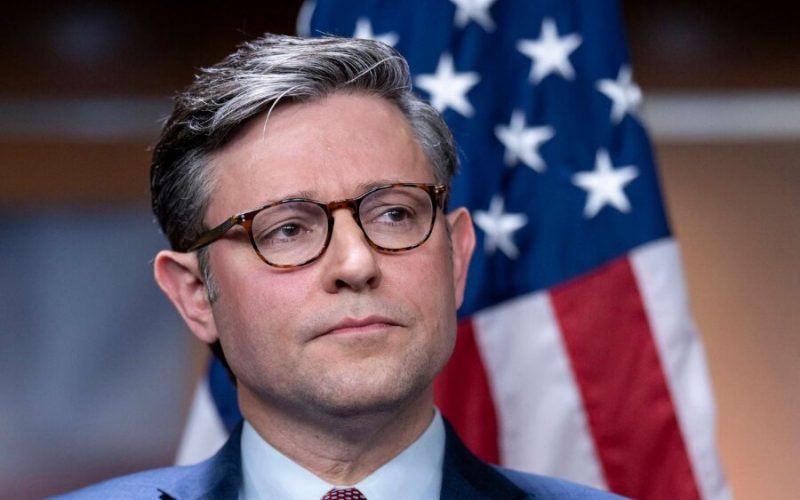Late Monday night, Speaker Mike Johnson (R-LA) chose to withdraw two FISA bills from consideration as House Republicans aim to reauthorize and potentially reform a controversial deep state surveillance law.
According to Punchbowl News, Johnson continues to face the “predominant” criticism of his speakership, that he is “either unwilling, unable, or disinterested in making big decisions:”
Johnson flip-flopped for a few weeks when it came to extending FISA, especially the controversial Section 702 provision.
Johnson first said he would extend FISA authority as part of the NDAA — but only until February. Then Johnson said he wouldn’t. And then finally, the speaker agreed to include a FISA extension in the NDAA package that will run until April.
Subsequently, Johnson opted to introduce both the competing House Intelligence Committee and House Judiciary Committee bills on the floors simultaneously.
The House planned to employ a parliamentary procedure called “Queen of the Hill,” where the bill receiving the most votes would be the one sent to the Senate for consideration.
While this allowed Johnson to maintain impartiality, the clash between Intel and Judiciary Republicans escalated into a full-blown shouting match during a Monday night House Republican Conference meeting.
House Intelligence Committee Chairman Mike Turner (R-OH) asserted, without providing evidence, that the bill advanced by the Judiciary Committee, the Protect Liberty and End Warrantless Surveillance Act, would remove provisions that the government uses to pursue individuals involved in child pornography.
Infuriated by this assertion, Rep. Warren Davidson (R-OH), an ally of Jordan and a staunch advocate for privacy, stated that Turner was “fu**ing lying”
Former Speaker Kevin McCarthy (R-CA) then attempted to ease tensions, stating that the extension in the National Defense Authorization Act (NDAA) should provide enough time for lawmakers to reach a compromise.
However, the April extension of the NDAA would position the FISA battle immediately following the period when Congress must address a government funding solution in January and February, along with the need to reauthorize the Federal Aviation Administration (FAA).
Share your thoughts by scrolling down to leave a comment.

